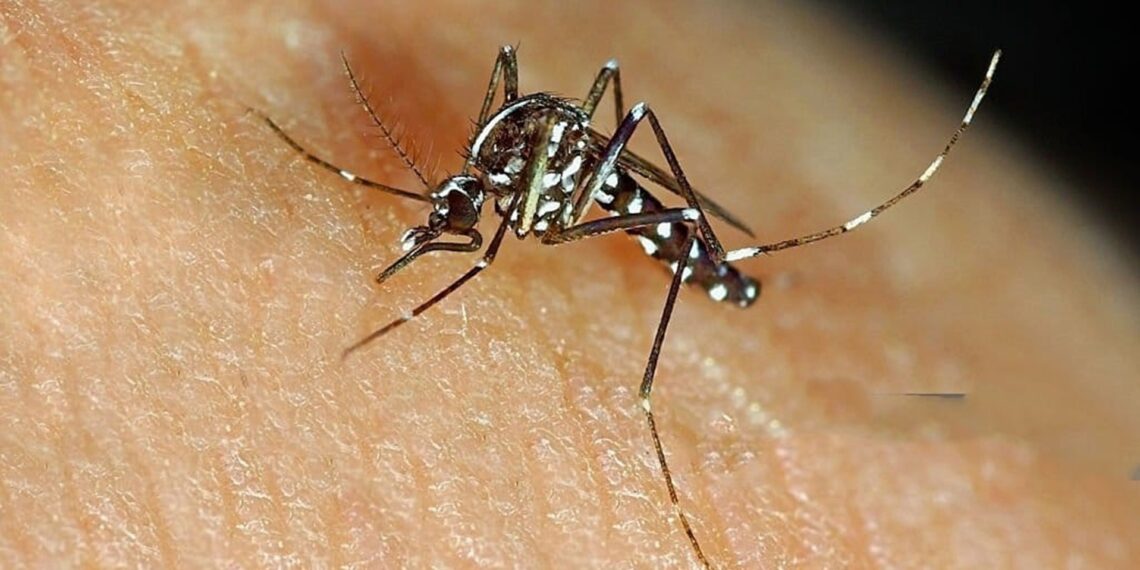Kohima: Nagaland has recorded nine confirmed cases of Japanese Encephalitis (JE) so far in 2025, prompting the state’s Health and Family Welfare Department to issue an advisory urging heightened vigilance during the ongoing monsoon season — a period known for the increased spread of mosquito-borne illnesses.
In its statement, the department described JE as a serious viral infection caused by the Culex mosquito, which typically breeds in stagnant water bodies such as ponds and paddy fields.
The virus can lead to inflammation of the brain, resulting in severe health complications and, in some cases, death.
Health officials stressed that while only a small proportion of those infected show symptoms, the disease’s actual spread is likely much higher.
“For every symptomatic case of Japanese Encephalitis, there may be between 300 to 1,000 asymptomatic infections,” the advisory warned, calling for early detection and community-level preventive efforts.
Pigs, which serve as amplifying hosts in the JE transmission cycle, are also a focus of surveillance, although the virus does not spread from human to human.
“There is currently no specific antiviral treatment for JE. Medical management is largely supportive, targeting the symptoms. The incubation period typically ranges between five to ten days,” the department added.
To mitigate the risk, all district health units have been directed to step up disease monitoring, intensify fogging drives in vulnerable areas, and conduct awareness campaigns.
The public has been urged to seek immediate medical help if they experience high fever, severe headache, vomiting, or signs of mental confusion.
The department has also emphasised the importance of strengthening routine immunization and encouraging public participation to respond effectively to emerging cases.















